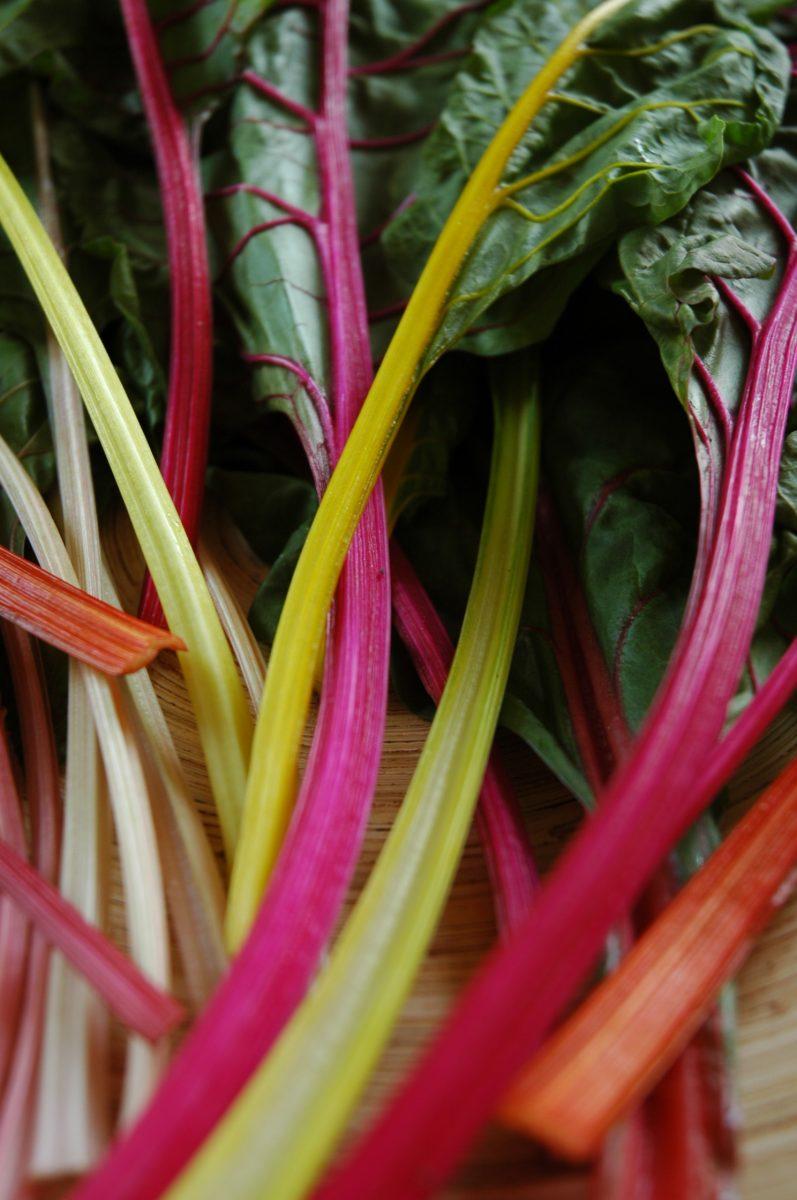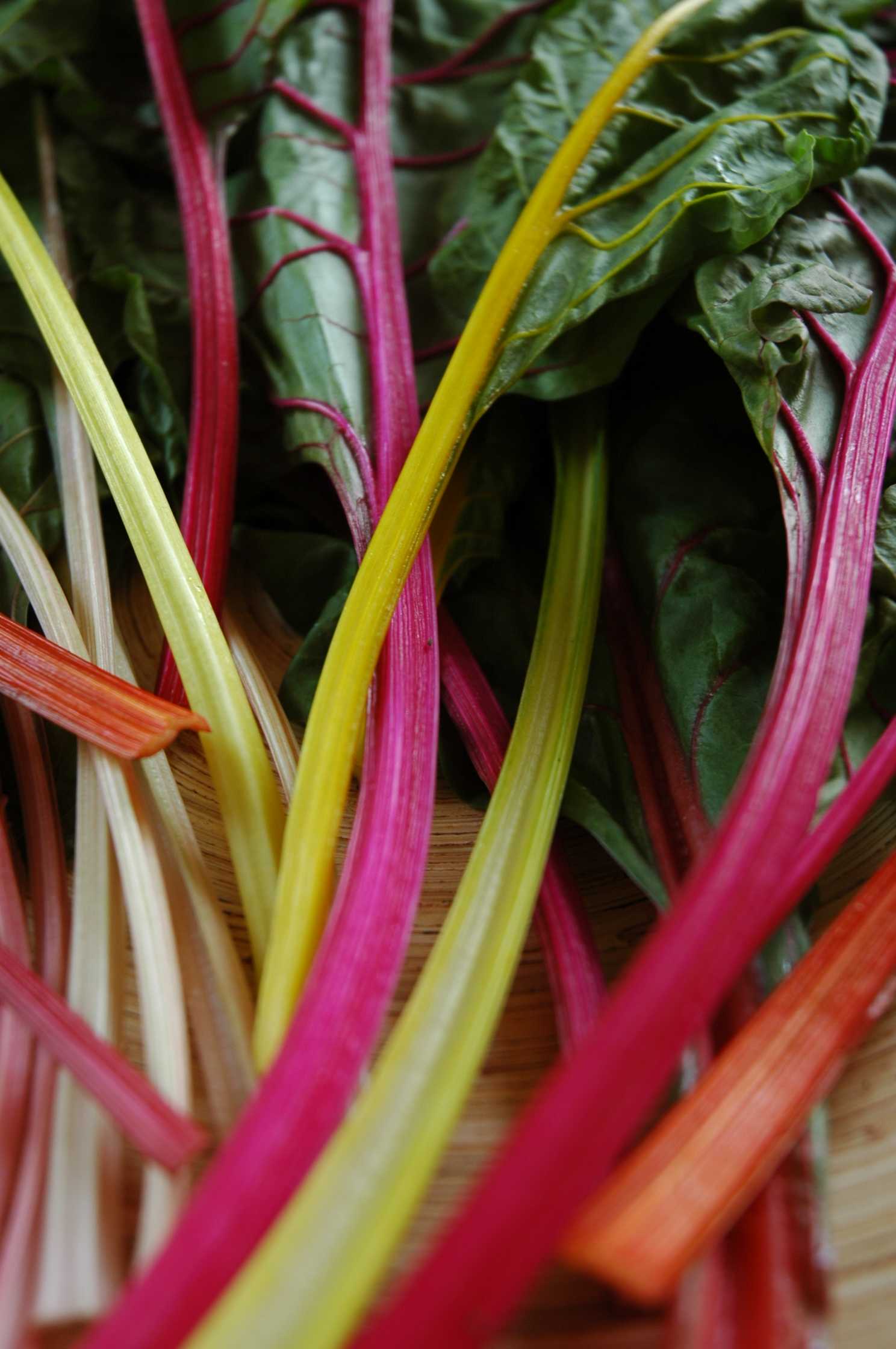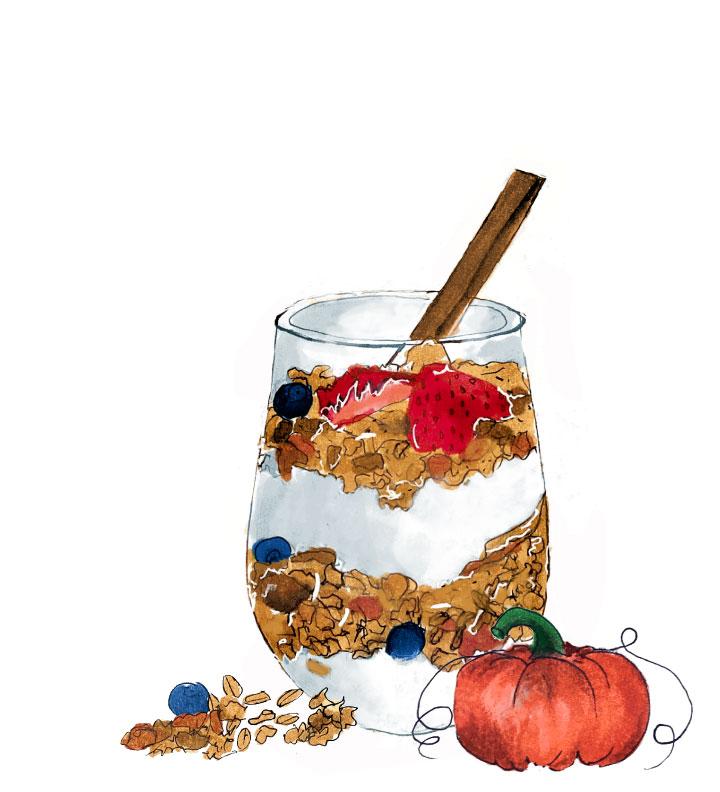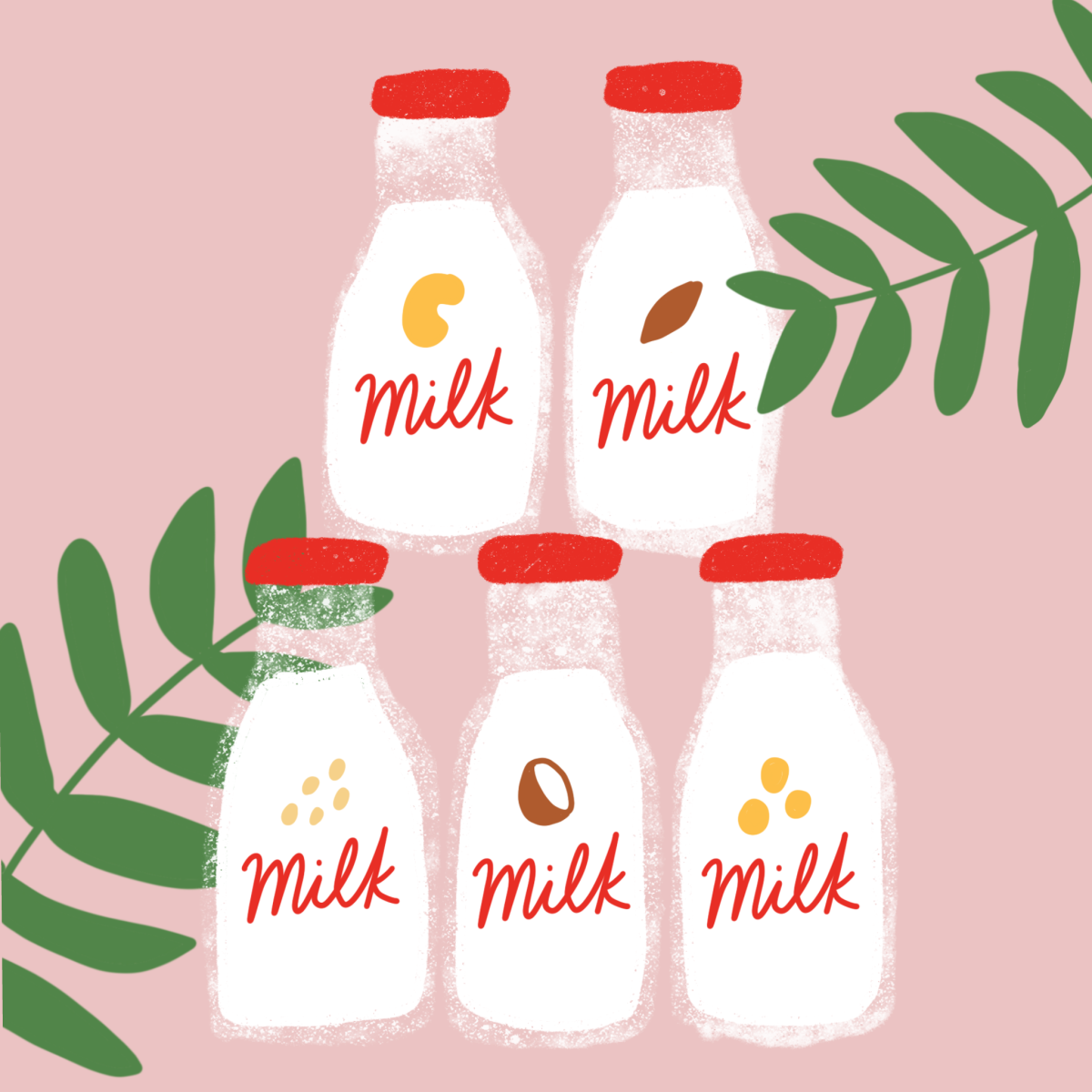By Emily Compton
Located on the fringe of campus, the University of Texas at Austin micro farm is close to planting their very first crops. Only one thing is holding them back – a lack of water connection.
This issue should be resolved and planting under way within a month, according to farm spokespeople, who said they will be growing fruit, vegetables, herbs and flowers to be sold to the UT dining halls, and at a food stand on campus.
The farm is student-run and entirely sustainable; everything grown will be organic. We’re still speculating, but we hope a percentage of what we grow will be sold to the University Division of Housing and Food Service, says Daniella Lewis, the farm’s lead project coordinator. “Another 10-15 percent will go toward a food stand on campus, selling the week’s produce to whoever’s walking by, and an additional 10 percent will be donated to a local food shelter, potentially the Blackland Neighborhood Center, the neighborhood the farm is located in.”
Lewis says the farm to charge on par or less for their produce in hopes to help DHFS with the service’s mission to use more local organic produce. Presently, 22 percent of the produce DHFS buys is locally grown, which is commendable because they have the ability to make an impact, Lewis explains. The farm hopes what they are able to provide can make a difference, no matter how small.
The farm will be growing mostly vegetables such as tomatoes, peppers, eggplant, radishes and beets along with some more interesting fruits and veggies such as figs, pomegranates, jalapenos and Swiss chard. As the farm finds its footing, there are hopes to expand into canning vegetables, making salsa and installing an apiary to attract bees and sell the honey.
Ultimately, the goal of the farm isn’t simply to provide food to the local community, but to bring attention to critical thought on food and involve students, faculty, and community members from all backgrounds, Lewis says. “It’s amazing for students to have a physical impact on campus. This project and the Concho Garden (UT’s student-run community garden) are both really empowering in that sense,” she says. “Students growing food for themselves, for others, food shelters, dining halls for fellow students. I think that that’s really incredible. Both projects foster flexibility, creativity, cooperation, and interdisciplinary collaborations.”
In fact, the micro farm is working with two separate architecture classes this semester, one potentially designing a shading structure for the farm and the other designing a screen, all part of the farm’s mission to involve UT students from all backgrounds. If the plans pan out, the architecture students will work with UT construction to bring their designs to life, Lewis explains.
Currently, the farm is 100 percent funded by Green Fee, a committee that sets aside $5 of student tuition per semester to be put toward funding for environmental service related projects on campus, says Karen Blaney, Green Fee program coordinator. The micro farm itself requires about $70,000 a year to remain up-and-running. Located at 2204 Leona Street, the farm is currently a sixth of an acre, which is small compared to what would be needed to make a substantial impact on our campus physically, Lewis explains. “It’s definitely a prototype. The intention from the start has been to get a little farm in working order, figure out how it works, and then seriously expand into acreage,” she says.
The farm hopes to be able to employ and give credit to those who work there in the future. “The most draining of our sustaining costs is student wages. But, students have to be employed to the project to make it feasible in the long run,” Lewis points out.
At the moment, the funding supports the wages of three project coordinators: Lewis and fellow coordinators Margaret Wellik and Juliet Laney, along with material costs and contracted projects such as a shading structure and a tool shed.
Volunteers are needed and welcome. For those who need to sharpen up their gardening skills, the farm will be hosting the Citizen Gardener Series, a class organized by an Austin non-profit sustainable food center on organic gardening in central Texas. “The doors are wide open for anyone who wants to participate in any capacity, as a volunteer opportunity or a potential academic requirement or internship capacity,” Lewis says. “Once we start growing food, anyone who comes out to volunteer is unlikely to leave empty-handed.”













































